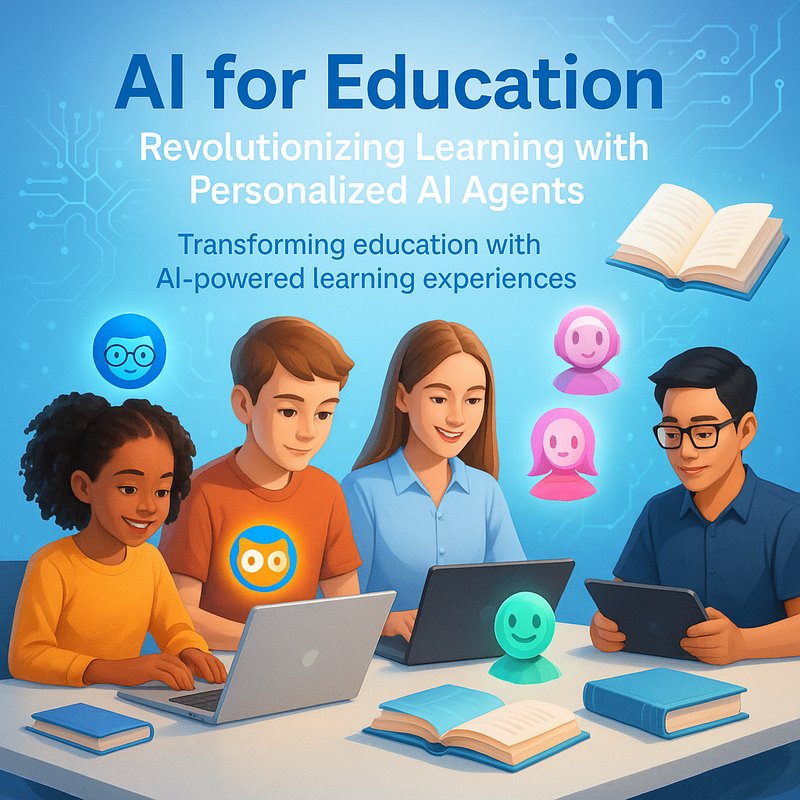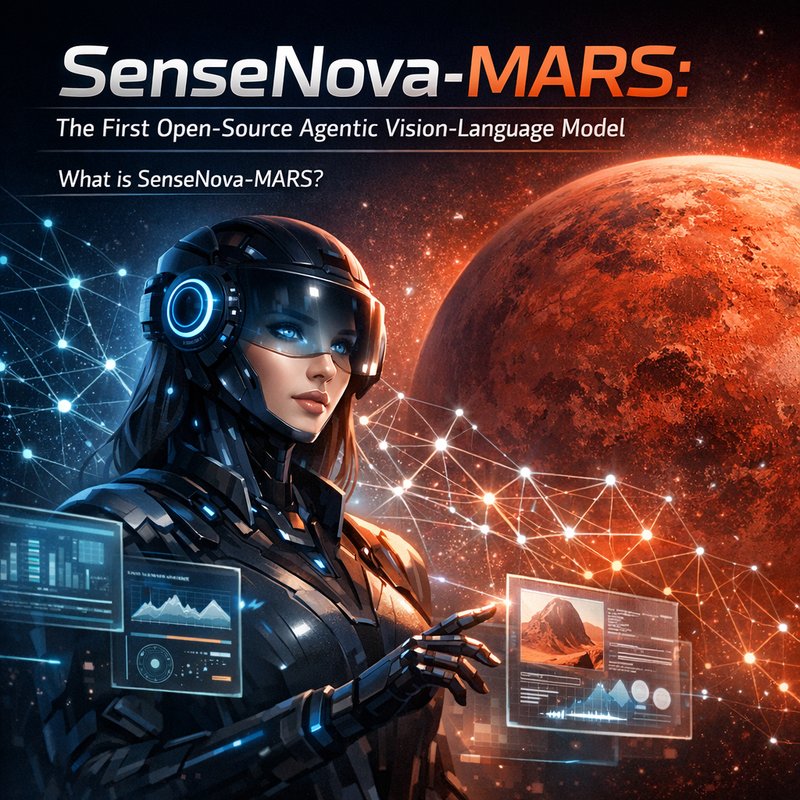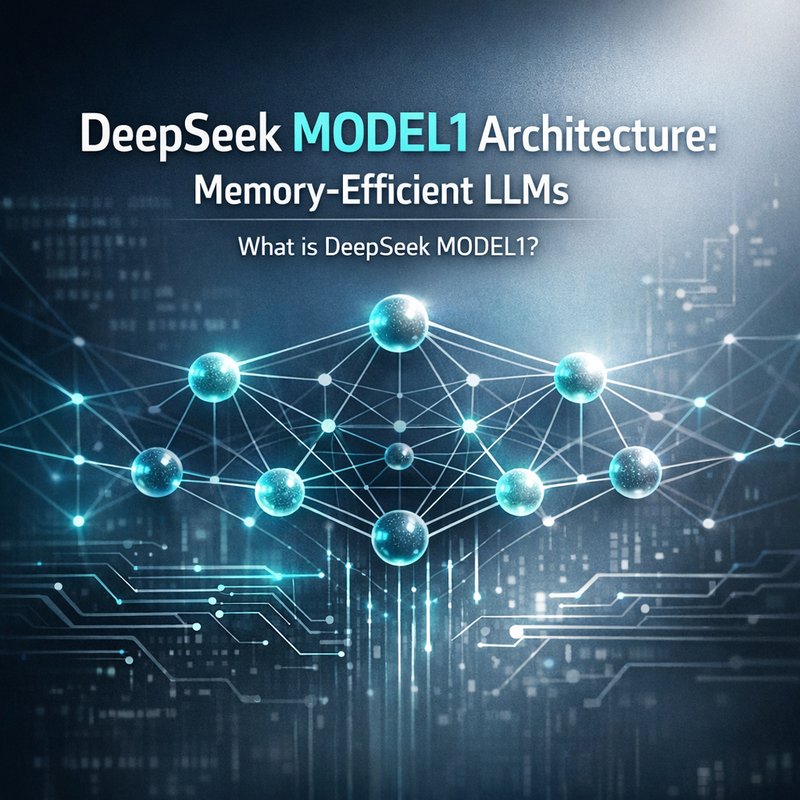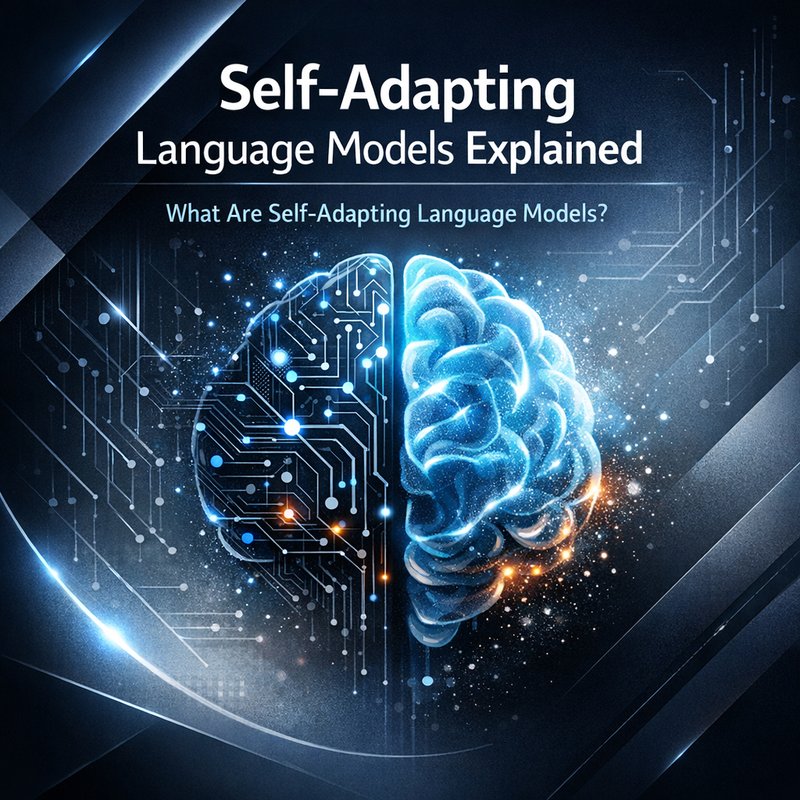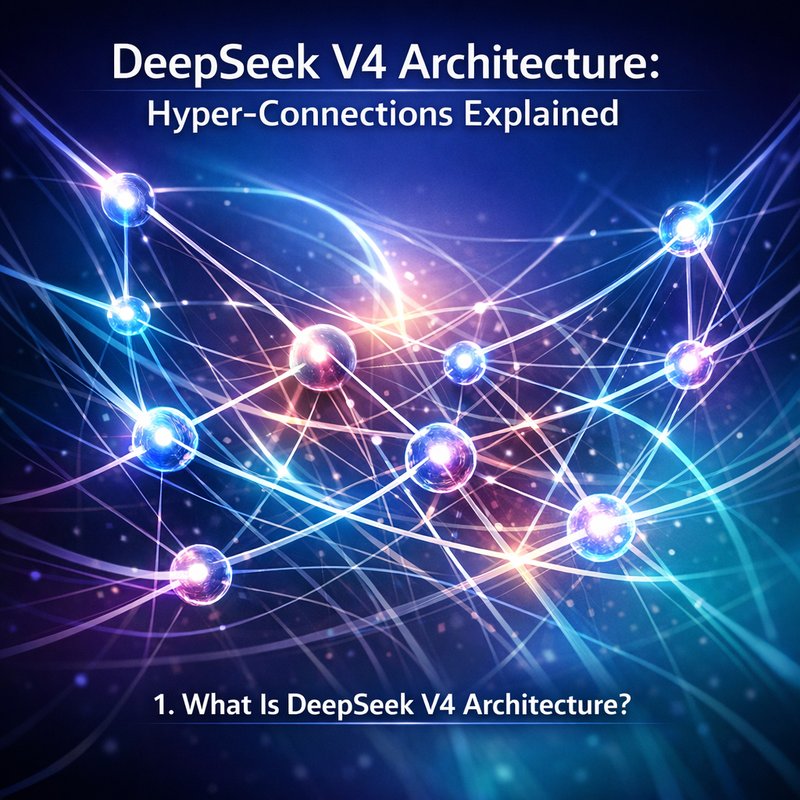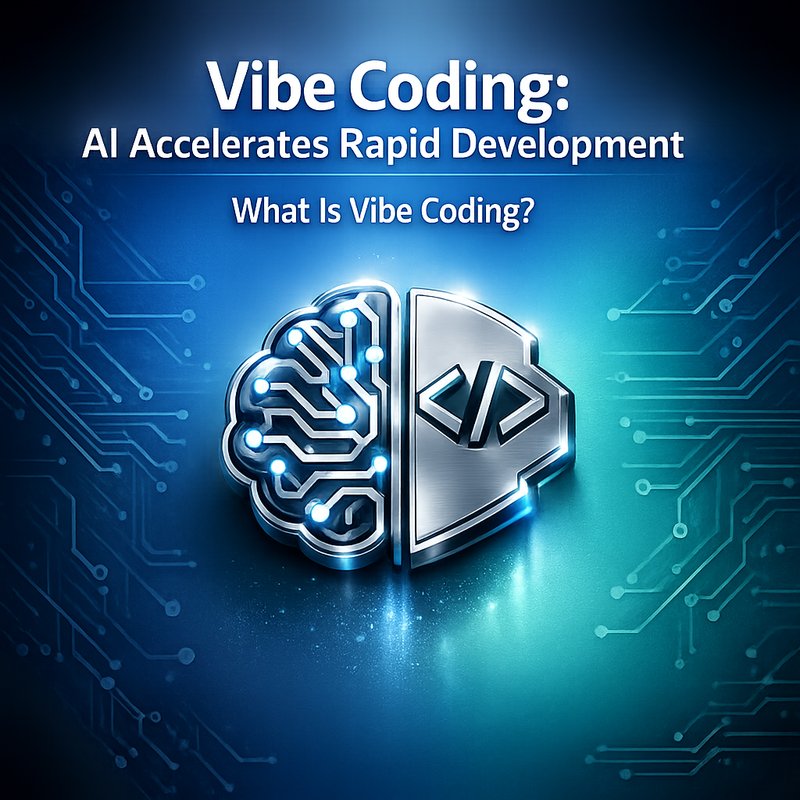AI for Education: Revolutionizing Learning with Personalized AI Agents
The education sector is on the cusp of a significant transformation, driven by the integration of Artificial Intelligence (AI). Traditional teaching methods, which often rely on a one-size-fits-all approach, are being augmented by AI-powered tools that offer personalized learning experiences. This shift aims to enhance student engagement, improve learning outcomes, and streamline administrative tasks for educators.
Why Education Needs AI
The current education system faces numerous challenges, including limited resources, diverse learning needs, and the pressure to meet academic standards. AI can help address these issues by:
- Personalizing Learning: AI algorithms can analyze a student’s learning style, pace, and strengths to create customized lesson plans.
- Automating Administrative Tasks: AI can handle tasks such as grading, attendance tracking, and providing feedback, freeing up instructors to focus on teaching.
AI-Powered Learning Platforms
Several AI-driven platforms are making a significant impact in education:
- Adaptive Learning Systems: These systems adjust the difficulty level of course materials based on a student’s performance, providing real-time feedback and recommendations.
- Intelligent Tutoring Systems: AI-powered tutors offer one-on-one support, providing explanations and guidance to students.
Enhancing Student Experience
AI can enhance the student experience in various ways:
- Virtual Learning Environments: AI-powered virtual environments create immersive and interactive learning experiences, making complex concepts more engaging and accessible.
- Natural Language Processing (NLP): AI-powered chatbots can assist students with queries, provide feedback, and offer support.
Teacher Support
AI can also support teachers in their roles:
- Automated Grading: AI can help with grading, reducing the administrative burden on teachers and allowing them to focus on teaching.
- Content Creation: AI can assist in creating educational content, such as quizzes, assessments, and lesson plans.
Implementation and Challenges
While AI offers numerous benefits, its implementation in education comes with challenges:
- Data Privacy: Ensuring the secure handling of student data is crucial.
- Equity and Access: Addressing the digital divide and ensuring equal access to AI-powered tools for all students.
Conclusion
The integration of AI in education has the potential to revolutionize the way we learn and teach. By leveraging AI-powered tools, educators can create personalized learning experiences, improve student outcomes, and streamline administrative tasks. However, it is essential to address the challenges associated with AI implementation to ensure equitable and secure access to these technologies.
